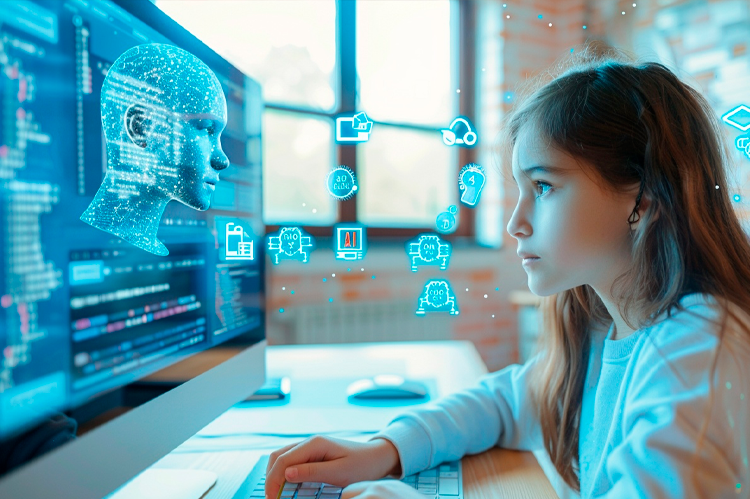
Artificial intelligence (AI) is transforming the way we learn and teach. In education, AI is being used to personalize learning, improve efficiency, and increase accessibility. In this article, we’ll explore how AI is revolutionizing education and what benefits it can offer to students and teachers.
¿What Is Artificial Intelligence in Education?
Artificial intelligence in education refers to the use of algorithms and computer systems to analyze data and make decisions that enhance the learning process. This can include personalized learning, automation of administrative tasks, and the identification of patterns in student behavior.
Benefits of Artificial Intelligence in Education
AI in education offers several potential benefits, including:
Applications of Artificial Intelligence in Education
Artificial intelligence is being applied across a variety of educational contexts, including:
Challenges and Limitations of AI in Education
While AI has the potential to revolutionize education, there are also challenges and limitations to consider. Some of these include:
Conclusion
Artificial intelligence is significantly transforming education. While there are challenges and limitations to address, the potential benefits of AI in education are substantial. By implementing AI responsibly and ethically, we can build a future where learning becomes more personalized, efficient, and accessible for everyone.